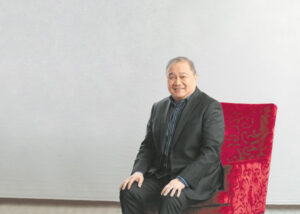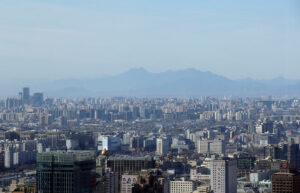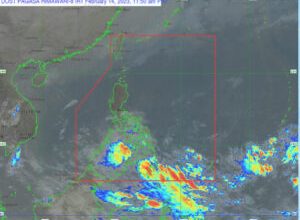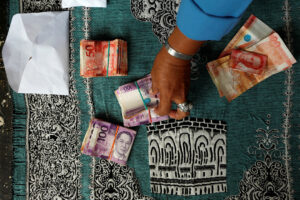BSP still plans to start rate hike cycle in 2nd half
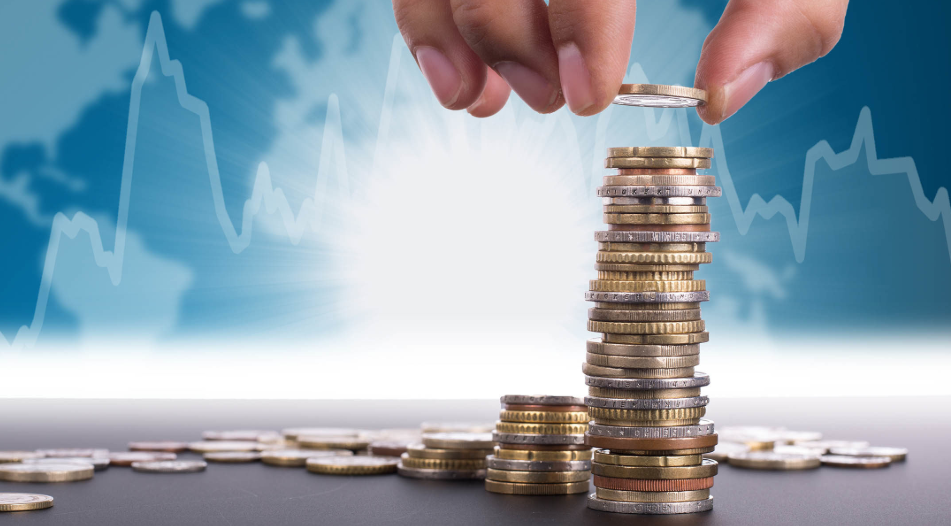
THE PHILIPPINE central bank will remain patient and stick to its plan to raise its key policy rate in the second half of the year, despite heightened uncertainty caused by the war in Ukraine, its governor said.
Bangko Sentral ng Pilipinas (BSP) Governor Benjamin E. Diokno said they are also factoring in the policy tightening of the US Federal Reserve.
The US Federal Reserve is widely expected to raise interest rates by at least 25 basis points amid surging prices later on Wednesday.
“Russian invasion of Ukraine is certainly going to change the mood among Fed members. We don’t know yet. That’s why we are waiting for their action. I think that it’s necessary to be patient. For our part, we will be patient,” he said at the Bloomberg ASEAN Business Summit held virtually on Wednesday.
Mr. Diokno is confident the Philippine economy is on the road to recovery.
“The [Philippine] economy grew at 5.6% last year. Assuming we meet our target this year of 7-9%, then I think we’re on track [to recovery]. We plan to adjust in the second half of the year,” he said.
Mr. Diokno has also previously said they would want to see four to six straight quarters of economic growth before considering increasing rates.
The Philippine economy expanded by 7.7% in the last three months of 2021, marking three straight quarters of growth.
First-quarter gross domestic product (GDP) data is scheduled to be released on May 12.
The BSP chief noted that central banks in Southeast Asia are “more patient” in retaining accommodative policies compared with their counterparts in Latin America, noting only South Korea and New Zealand have started increasing interest rates in the Asia-Pacific region.
The Monetary Board will have its next policy review on March 24.
Last month, the BSP kept rates steady as it vowed to continue supporting economic recovery.
While they are not yet keen to increase interest rates, Mr. Diokno said they have started policy normalization for other measures done to support the economy during the pandemic.
He cited that the latest zero-interest loan extended by the central bank to the National Government amounted to P300 billion, lower than the P540-billion previously.
“We expect that [financing] to be down to zero by the third quarter of this year,” he said.
This gradual policy unwinding was also seen in the BSP’s purchase of government securities (GS), Mr. Diokno said.
“We bought something like 19.4% of the GS portfolio [in 2020]. It’s down to 4.8% in 2021 and now it’s down to 0.7%. So we have started the unwinding,” he said.
LESSONS FROM THE PANDEMICTwo years into the pandemic, Mr. Diokno said the government should carry out responses beyond monetary policy to really drive recovery.
“The most important lesson I learned from the pandemic is that monetary policy has limitations. I think we [BSP] did very well, but there is a strong need for support from the National Government and from each individual and household,” he said at a virtual forum organized by the Asian Development Bank on Wednesday.
Mr. Diokno, the former budget secretary, said international cooperations have been very crucial as well, especially in securing vaccinations against the coronavirus disease 2019.
He is hopeful that the legislation of the Retail Trade Liberalization Act, the Public Service Act, and the Foreign Investment Act would help to attract more foreign investments into the country that could strengthen economic recovery. — Luz Wendy T. Noble

